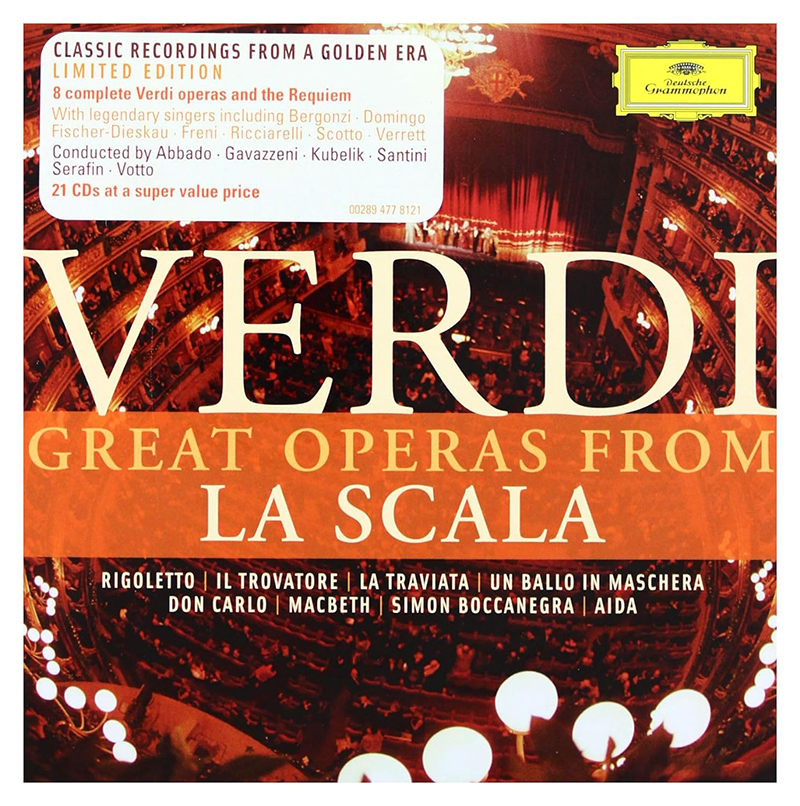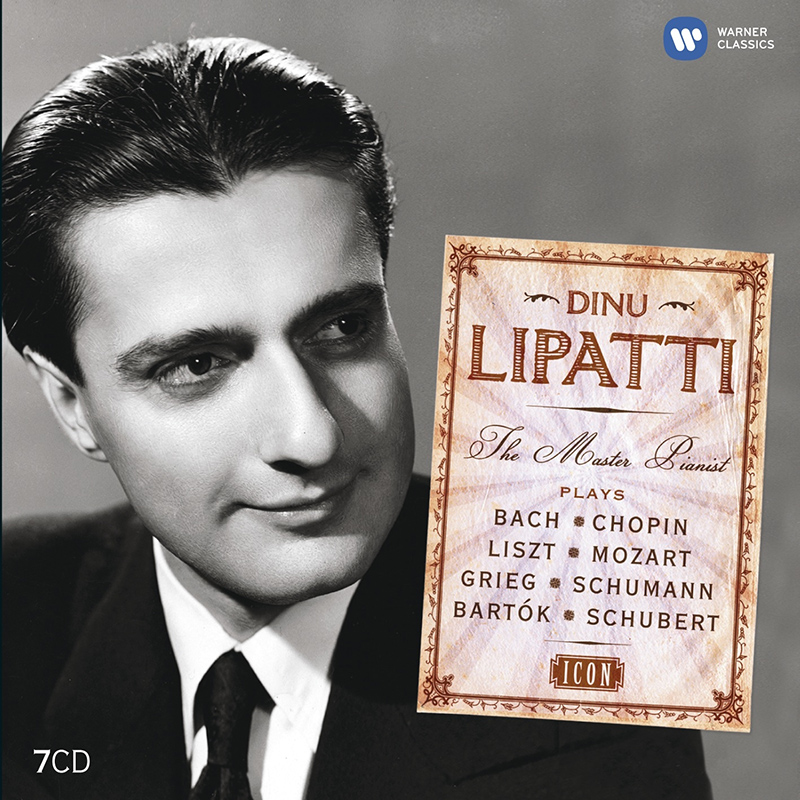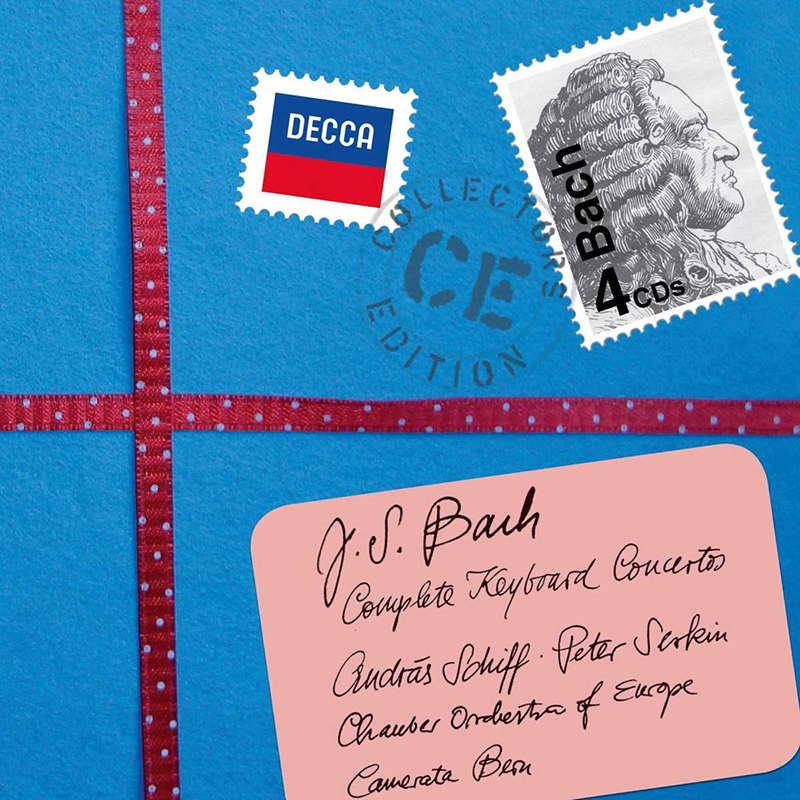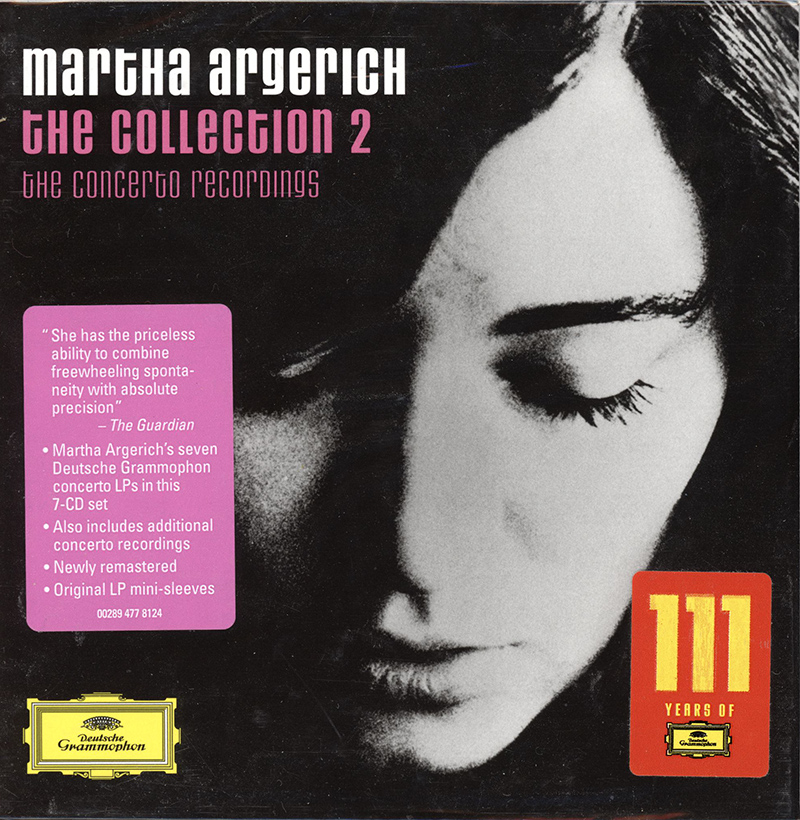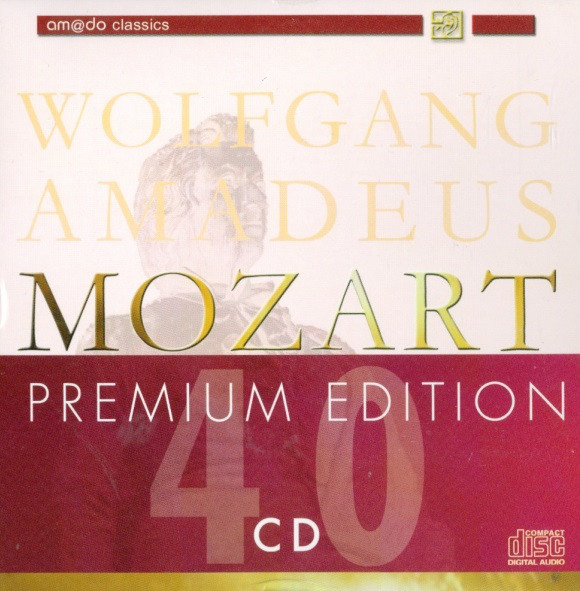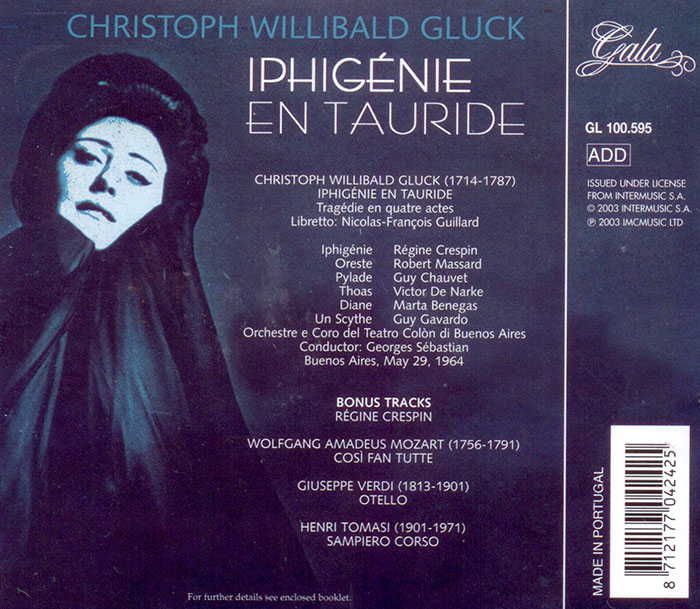Logowanie
KOLEKCJE!
BACH, CHOPIN, LISZT, MOZART, GRIEG, Dinu Lipatti, Otto Ackermann, Ernest Ansermet
The Master Pianist
PROKOFIEV, CHOPIN, TCHAIKOVSKY, SCHUMANN, BEETHOVEN, Martha Argerich, Claudio Abbado, Giuseppe Sinopoli
The Concerto Recordings
The Collection 2
Jakość LABORATORYJNA!
ORFF, Gundula Janowitz, Gerhard Stolze, Dietrich-Fischer Dieskau, Deutsche Oper Berlin, Eugen Jochum
Carmina Burana
ESOTERIC - NUMER JEDEN W ŚWIECIE AUDIOFILII I MELOMANÓW - SACD HYBR
Winylowy niezbędnik
ClearAudio
Essence MC
kumulacja zoptymalizowana: najlepsze z najważniejszych i najważniejsze z najlepszych cech przetworników Clearaudio
Direct-To-Disc
PIAZZOLLA, ChamberJam Europe
Tangos del Ángel y del Diablo
Direct-to-Disc ( D2D ) - Numbered Limited Edition
GLUCK, Regine Crespin, Robert Massard, Chorus & Orchestra of the Opera Nacional, Mexico City, George Sebastian
Iphigenie en Tauride
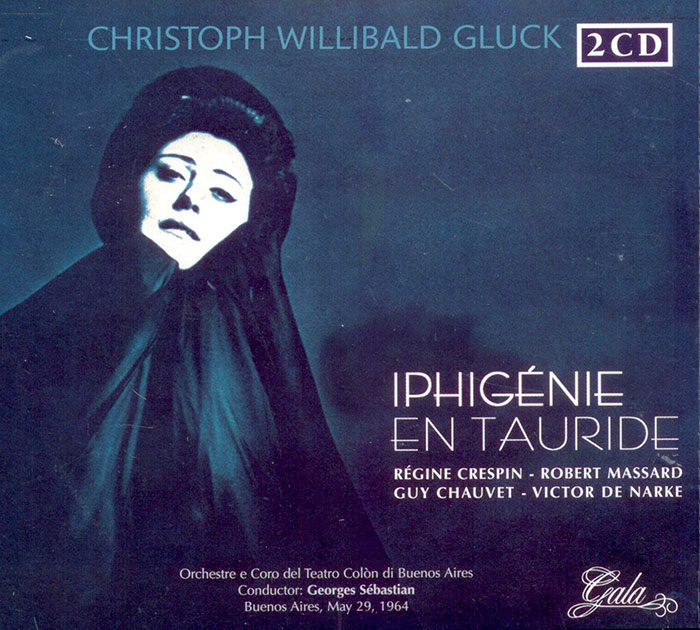
- Regine Crespin - soprano
- Robert Massard - baritone
- Chorus & Orchestra of the Opera Nacional, Mexico City - orchestra
- George Sebastian - conductor
- GLUCK
robin friedman 4,0 von 5 Sternen Regine Crespin in Iphigenie en Tauride 14. März 2014 - Veröffentlicht auf Amazon.com Gluck (1714 -- 1787) is best known for his opera "Orpheus and Euridice", but many lovers of music consider "Iphigenie en Tauride" his best work. Written late in Gluck's life, the opera premiered in Paris in 1779 with a highly effective libretto by Nicolas-Francois Guillard (1752 -- 1814). The opera is compact, in four short acts. It is unusual in that it lacks any element of romantic love. Instead the opera celebrates the values of love between friends and between brother and sister. Most importantly, the opera celebrates the values of humanism and Enlightenment over superstition. As other composers have done, (such as Bach in his b-minor Mass) Gluck borrowed heavily from himself in "Iphigenie". The work still achieves dramatic and musical unity. In this opera, Gluck achieved his goal of fusing text and music. Arias and recitives are interrelated seamlessly, as are orchestral, solo, and choral parts. Although it sets a Greek myth, Gluck concentrated on describing human nature as it is. Each aria of the work describes a specific feeling of the character, such as hope, terror, love, remorse, loss, friendship, or triumph. The music flows without excess. It has a noble, classic simplicity. This budget-priced CD on Gala of Gluck's opera is a reissue of a 1964 recording on the "Le Chante de Monde" label and consists of a live performance held in Buenos Aires on May 29, 1964. Georges Sebastian conducts the Orchestra and Chorus of the Theatro Colon of Buenos Aires. The cast includes baritone Robert Massard as Oreste, tenor Guy Chauvert as his friend Pylade, and bass Victor De Narke as the barbaric King Thoas. The major attraction of this performance is soprano Regine Crespin as Iphigenie. In the story, Iphigenie is the sister of Orestes who had been carried off by a goddess to live among the Scythians to serve as a priestess. Orestes and Plyades are shipwrecked and Thoas orders Iphigenie to put them to death. In the course of the opera, the pair realize that they are brother and sister. Plyades kills Thoas and the goddess appears to save the day in a musically powerful conclusion. Iphigenie is at the center of Gluck's opera with a demanding, varied vocal role. Crespin sings with a unique combination of lyricism and drama as she captures the strength of the heroine, her fortitude in responding to a harsh situation, her ethical struggle, and her love for Greece and for her brother. Crespin (1927 -- 2007) enjoyed a long international career as a soprano and, when her voice changed in 1970, as a mezzo-soprano. She sang at the Metropolitan Opera for many years. Beginning in 1962. she performed frequently in Buenos Aires. Her first performance was as Iphigenie, which she repeated in 1964 for this recording. Crespin was at the top of her form in this recording of Gluck's great opera. The performance is live, but the audience interruptions are not intrusive. The recorded sound, unfortunately, is not of the best and is frequently distant, muffled, or scratchy. In addition, the set lacks a libretto, and the combination of music and text is essential to Gluck. In summary, this CD offers the opportunity to hear a revered soprano sing a heroic role in a great opera with an excellent supporting cast. The sound quality leaves much to be desired and there is no libretto. The CD is an outstanding second choice for listeners who already know and love Gluck's "Iphigenie en Tauride". It also will be an outstanding choice for listeners who admire or want to get to hear Regine Crespin. Short fillers from Mozart, Verdi, and Henri Tomasi conclude the two-CD set.

